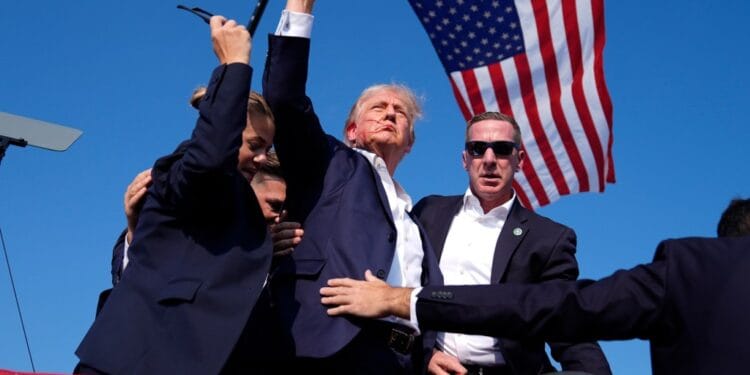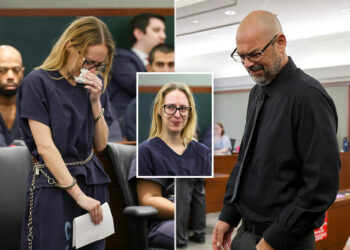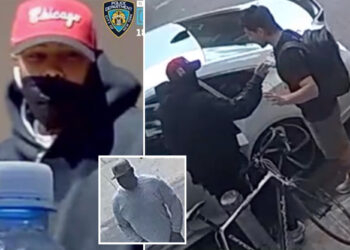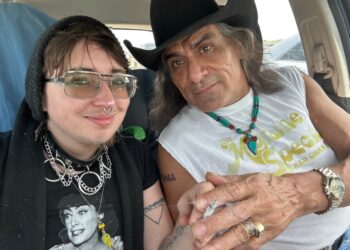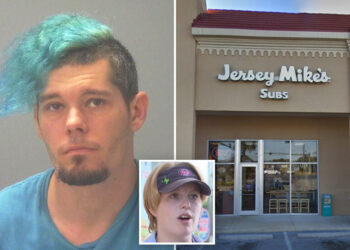A bipartisan task force investigating the attempted assassination of former President Donald Trump requested a trove of documents and interviews on Wednesday.
Pennsylvania Republican US Rep. Mike Kelly, who chairs the panel, and Colorado Democratic US Rep. Mike Crow, who serves as ranking member, sent a letter to the Department of Homeland Security and the U.S. Secret Service asking for interviews, communications and existing protocols that factored into the July 13 campaign rally shooting in Butler, Pa.
Homeland Security Secretary Alejandro Mayorkas and Secret Service Acting Director Ronald Rowe Jr. have until Sept. 4 to comply with the request.

Officials sent the letter two days after the task force revisited the Butler Farm Show grounds in southwestern Pennsylvania, Kelly’s home district.
In an update posted to X, formerly known as Twitter, the congressman said the meetings with law enforcement “provided the Task Force with greater insight into the security failures of July 13.”
“What we saw and heard underscored concerns about multiple security shortcomings and the lack of a common understanding among local law enforcement officials about exactly how the Secret Service intended to address a threat like the one [sic] that developed,” he said.
Kelly was among several congressional and state lawmakers present at the rally when a gunman took aim at Trump, grazing his ear after the president turned his head to look at a projector screen behind him.
The would-be assassin fired several more shots into the crowd, killing 50-year-old Corey Comperatore and severely wounding 57-year-old David Dutch and 74-year-old James Copenhaven.
U.S. Secret Service Director Kim Cheatle resigned after the shooting amid intense pressure from congressional lawmakers over the “stunning” security failures.

Cheatle’s comments about reasons why law enforcement weren’t on the roof where the gunman staged himself ranged from blaming state and local police to the slight pitch of the roof itself being “too dangerous” to existing “overhead” support meant to identify threats.
The conflicting excuses only fueled conspiracy theories – backed by some prominent congressional lawmakers – that pointed to a broader government conspiracy to kill Trump. Cheatle has categorically denied the accusation.


